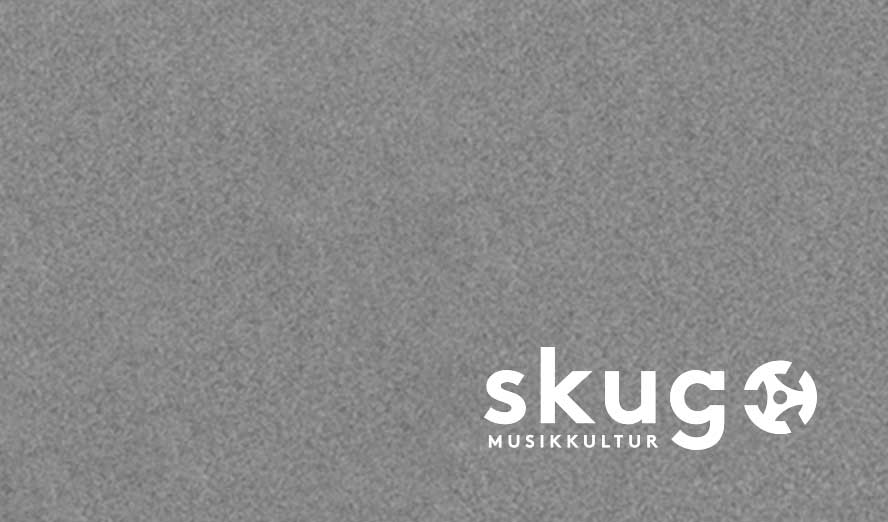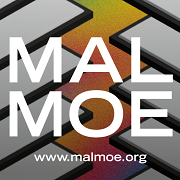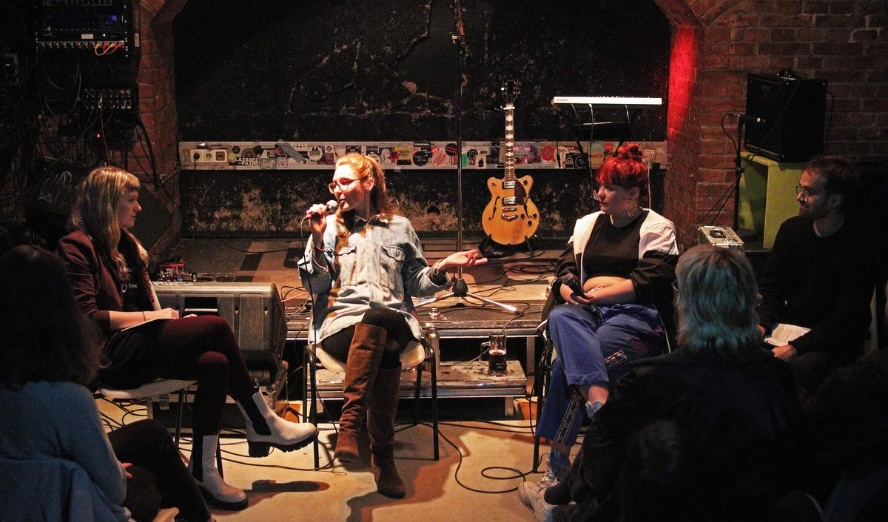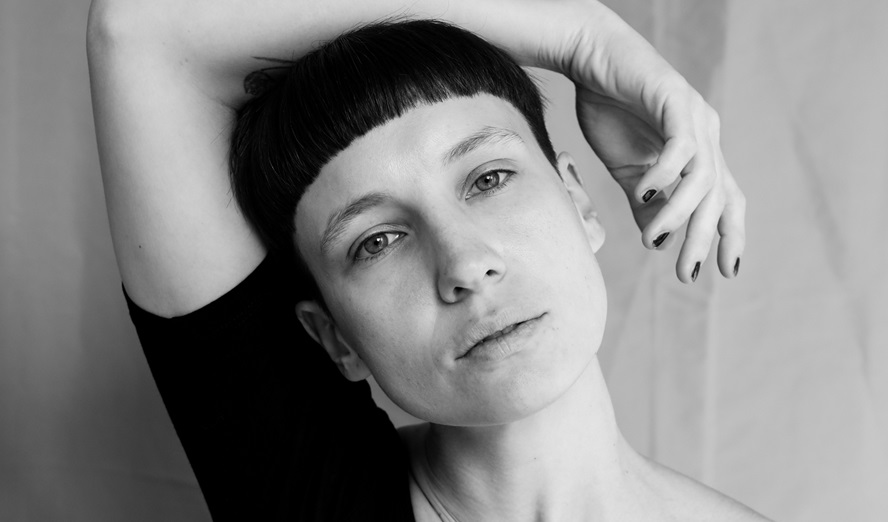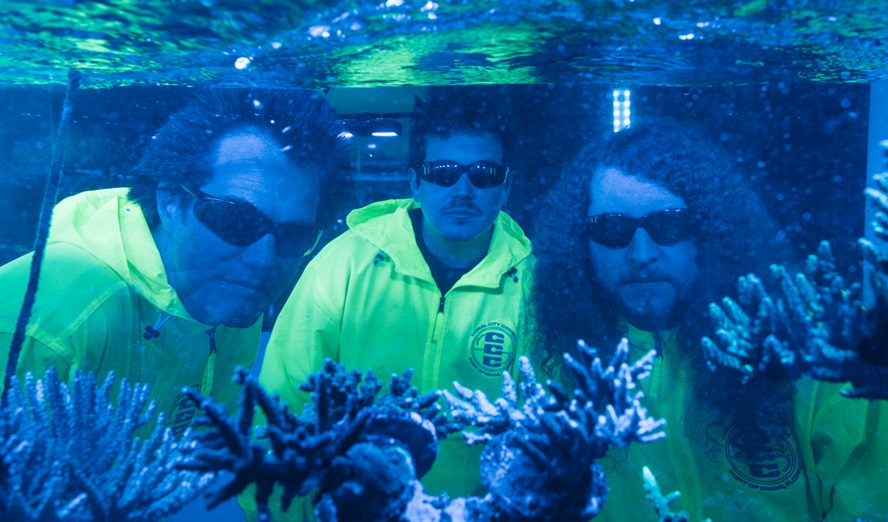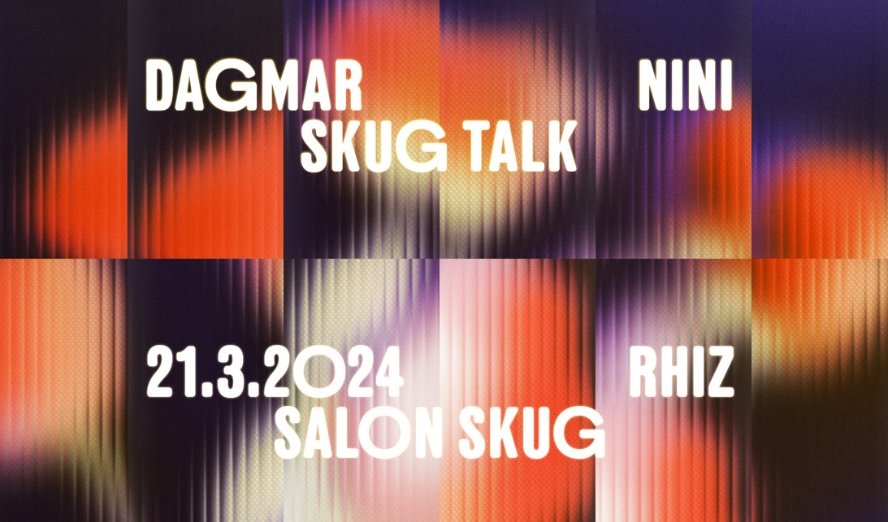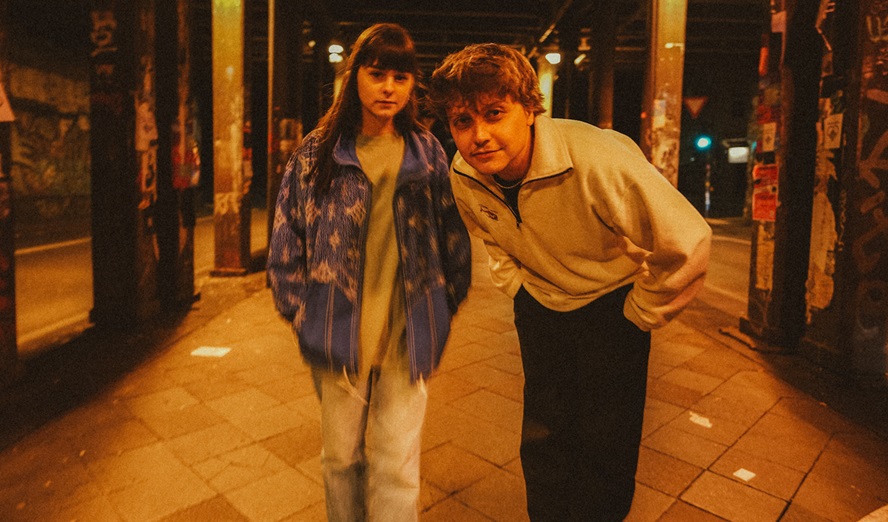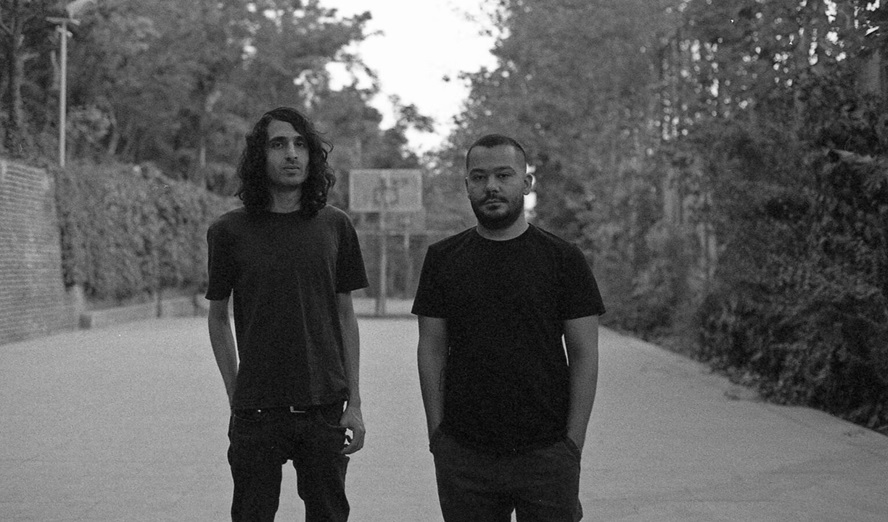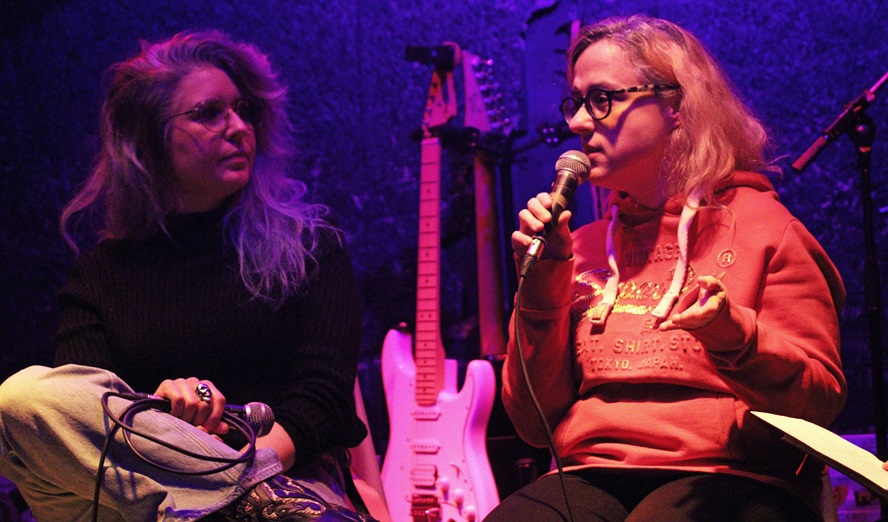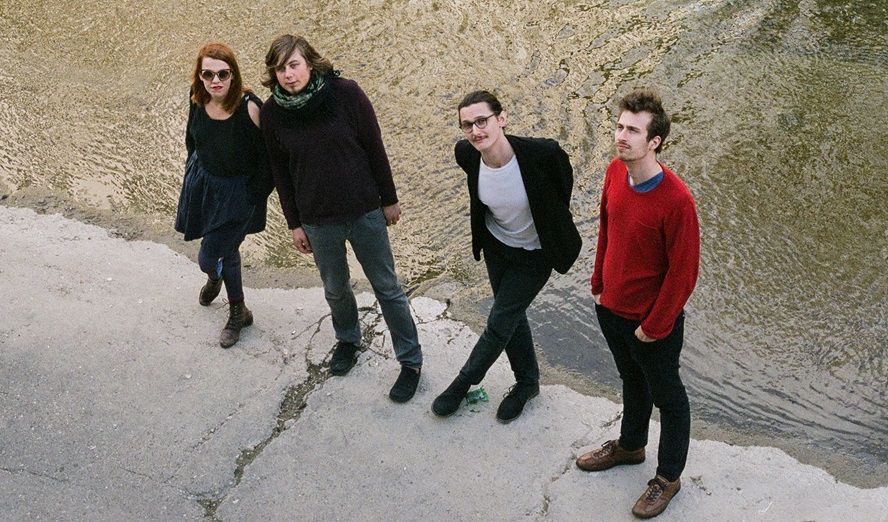Biografie:
David Toop wurde 1949 in Enfield in der Nähe Londons geboren. 1970 veröffentlichte er sein Debüt »Pass The Distance«. In den folgenden Jahren war er mit dem Spontaneous Music Ensemble und besonders mit Schlagzeuger John Stevens aktiv. In Bandprojekten wie Rain In The Face und General Strike (mit Steve Beresford) spielte er mit Eddie Prevost und setzte sich seit Mitte der 70er Jahre mit Ethnomusik, Bioakustik, Schamanismus und Sprache(n) auseinander. Eine der ersten Zusammenfassungen dieses Wissens verarbeitete er 1975 für »New and Rediscovered Musical Instruments« auf Brian Enos Label Obscure. Ausgiebige Improvisationssets mit Derek Bailey, Evan Parker, John Zorn, Prince Far I (»Close Dub Encounters Vol. III«), Henry Kaiser, Lol Coxhill und Adrian Sherwood folgten bis Mitte der 80er. Zwischen ’81 und ’84 war er Herausgeber des »Collusion«-Magazins. Nach dem großen Erfolg von »Rap Attack« 1984 und einer Coverstory im damals den Puls der Zeit definierenden »The Face« schrieb Toop im Laufe der folgenden 15 Jahre für so ziemlich jedes Magazin, das sich mit Musik an sich und seinen soziologischen Randerscheinungen beschäftigte; so u.a. »Sunday Times«, »Village Voice«, »Vogue«, »Dazed& Confused« und die »New York Times«. Nach wie vor schreibt er für »The Wire«. Gastbeiträge wurden etwa in »Shakkei: The Journal of The Japanese Garden Society« abgedruckt. 2000 kuratierte er mit »Sonic Boom« die bis dahin größte Ausstellung zur Sound-Art. Mit »Ocean of Sound« (1995) und »Exotica« (1999) gelangen Toop Diskursprägende Verortungen. Mit Langzeitkollegen Max Eastley, Squarepusher und solo nahm er 1993-2003 an die zehn Platten auf, um sich daran anschließend wieder vermehrt um Auslotungen zwischen tradierter und persönlicher Wissenschaft zu kümmern. So war Toop bis letztes Jahr Visiting Research Fellow am Sound department des London College of Printing. Dazwischen hatte er Lehraufträge an der Malmö School of Media, der Brisbane University oder dem Birmingham Conservatory angenommen. 2002 nahm er zwei Filmsoundtracks u.a. mit Evan Parker auf. »Hauted Weather« ist sein siebentes Buch.
Der Garten ist immer mehr zu einem Zeichenkosmos geworden, in dem David Toop fündig wird, komplexe Zusammenhänge über die Rezeption von Musik in der nur ihm eigenen persönlich-unprätentiösen Form darzulegen.
DT: David Toop
BC: Benedetta Cucci
HD: Heinrich Deisl
(…starting from somewhere…]
DT: …John Hassel… The name of the cat: We call her Luci, because of [Alvin] Lucier. Black cat = Lucifer. But because of a suspicious relative, we by chance had named her »Lasagnia«…
[We stroll around the books and wonder about the literal spellings in other languages, e.g. Serbian. »Ocean« (from »Ocean of Sound«) reads something like »Ošen«…]
I don’t make any money from these translations because nobody in Eastern Europe has any money. Except for the Russian gangsters. But the books are not translated to Russian (yet). Even if you don’t get money for that I of course say yes if somebody asks me to do that.
HD: Why did you become a music-journalist? Is this something you were always interested? How is the situation as last year »The Face« has to close down, »DJ Magazine« is on the way to, »Muziq« as well…
BC: If British music journals fall, I wonder what will turn out…
DT: Maybe the rest of the world can expand to fill the gap. That would be good…
BC: So you are not a protectionist…
DT: No! [laughs]. I never wanted to be a music journalist. I had no ambition to be a journalist at all.
HD: But regarding this you have become quite important I have to say…
DT: [laughs] What happened, was: I’d been a musician since I’d left Art college and also worked on some small magazines which was run and produced by musicians. But I never had been involved in professional journalism. Then gradually I wrote some more articles for professional magazines and I came to a point in my life, where I was really tired of never having any money. I was in my thirties and never had money. I thought I wanted to do something else. So I decided to write a book. I thought that HipHop would be a good subject and so I wrote a synopsis and sent it to publishers and I got two offers. I was very surprised actually. Because I’d known nothing about book publishing. So I went to New York, I wrote the book [»Rap Attack«; 1984], which was published. Later, the „Face???-magazine called me up and said »We’re looking for somebody to write a piece on HipHop, as none of our writers likes this music…« Strangely enough, I’d come back from New York, interviewing all these major people in HipHop, so I could write it. They said: »Great«. This became the first piece I’d written for the »Face« and it became a cover story. Then they told me that they would look for somebody to write about music, so I tried and they liked my writings. So they offered me the job of the monthly music review. At this time, »The Face« was the most fashionable magazine on the planet… So that put me in the centre of the situation. It was quite accidental. And of course because I wrote the monthly column for the »Face« I was offered many other jobs to do. I quickly shifted to larger magazines and daily newspapers. It became a job. I didn’t plan it; I not even had wanted to do so… For a while, it was exciting. And for a while it was nice to have a little bit of money. But after a time I really got tired of it. So then I had a long period trying to get out of it.
HD: What you mean with »a long period«?
DT: it was about four years. It was great; I was going to America a lot, doing interviews. I was writing for a lot of magazines and it was exciting. I was meeting interesting people.
HD: That was which period?
DT: From ’84 onwards…
HD: Till 1990…
DT: In 1990 I already was very tired about that. It took me another five years to get over it. At this time I was writing for big newspapers like »The Times«, a very conservative newspaper. It was always a struggle. Because it was difficult to write about I wanted to write in the way I wanted to write.
HD: Have you ever been faced with problems like: I don’t like this paper or platform but I have to write for it because of the money?
DT: Sure. In this case I think you really have a problem with your personal self, your integrity, your honesty. If you do that too much, you lose yourself. It’s very bad for the soul, I’d say [laughs]. It’s not easy to see things in print when they are not the things you wanted to write about. Sometimes I had to argue: I used to write for the »Sunday Times« the weekly reviews. I did my regular reviews and one day they called me up saying that Paul McCartney has his new record out. »Why haven’t you reviewed it?« I said, »Because I think it’s not very good«. And so shortly after that I lost the job. They simply got somebody else.
Later I came to a point where I was not willing anymore to compromise. In doing so, you are pushed out very quickly.
HD: How is this combination of to be a musician and to write about music?
DT: Very difficult at first. It is hard to focus. But as I got tired of the whole music scene in terms of politics of musics, I was just sick of the whole thing. So I wanted to get out of this live-music-scene anyway and I concentrated much more on my music. For a while that was fine, but then in 1987 I bought a computer for sound editing and processing. At this point it was difficult to understand for me what my music was. As I had written so many reviews and was confronted with so many influences I got lost for a while in that. There was this clash that musically I was part of an Experimental-/ Avantgarde-scene whereas I had to write in very fashionable mainstream magazines about pop music. There ways a big gap between these two w
orlds. Politically speaking the 80s were a very conservative period anyway. So it was a very difficult time for the music scene I was involved into. So the gap was even wider. This was there most »unfashionable« music there was. And yet I was working for the most fashionable magazines there were. This situation created something like schizophrenia in me. I was really struggling to find a way back in the early 90s making my own music. So I made an album called »Buried Dreams« in ’94 together with my colleague and friend Max Eastley. In a way this was an attempt to get out of this problem. – Jumping forwards to present times, I don’t find that a problem anymore. Because I not really any longer feel the split. Nowadays I only write about that I want to write about and I listen to what I want to listen to. I don’t feel such a »second hand distance«. I always thought about music. If I would go to a concert in the age of 17 or, 18, I would enjoy it in a physical and emotional way, but I would think about it as well. Sometimes this is like a curse. This is something you can’t shift. Everybody is drunk, is dancing etc. and is enjoying the music on this direct and pure level and you feel jealous. No matter how crazy I am and how irrelevant the concert, I’m still thinking in my mind about this music. It is and always was there. I worked hard for a closer integration between word and sound. So I started to give readings of my books, using music as well and to bring spoken texts into my music. And to write in a more musical way. I try to use the same parameters if I write a book or if I compose a record.
Nowadays most of the music I listen to is about what I enjoy about it.
HD: I was very curious how it is possible that you wrote books about topics that at first sight are quite disconnected to each other like Ambient music, Exotica and Rap. Where do you see shifts, connections, links?
DT: You should be able to talk with confidence about the context in which these musics arise. Otherwise I think it’s difficult to talk about it at all or to understand them except on a very pure level. One of the fundamental understandings of my work is to find these connections that are usually subliminally transported and come to light in a surprisingly new situation. To discuss Dr. Dre in the same book like Edgard Varese, with confidence, and not being embarrassing… We still have the example of classical music critics who write about pop music and were very embarrassing or the opposite. The interesting thing I suppose is to find out why things happen. I think I always was interested in and attracted to sound. I don’t know why. Because there is nothing in my background. There was very little music in my family background. Maybe this was a good thing. Because it left me completely open. So as soon as I started to listen to music, I was attracted to records that had a particular sound.
HD: An »un-questionable« question: What is the difference between sound and music? I mean, every sound can be music….
DT: Yeah, since Luigi Russolo and even long before we can say that there is no separation anymore. But a distinction between these two was never relevant for me. When I was 17, 18, I used to read John Cage, from where I started to ask myself: »What is sound and what is music?« And then of course I learnt a lot from his ideas. But I have to say that a distinction between these two never worried me and is still does not. Even now, when I do a lecture, for sure somebody will ask a question like »What is music, what is sound, what is noise« etc. You have to try to answer these questions but or me personally it was and is not so much relevant. It depends on the intension with which you listen to sounds to make them music, it doesn’t depend on the composition or the acoustical framework or texture. I would like to leave it as open as that. This is just the next step when saying, „Every sound is music???.
When I was a teenager, I loved the sound of Soul music, of Afro-American music. The music of the early 60s. I bought Soul-staff by Sam Cooke or somebody. From an early teenager on I had basic grounding in Afro-American music and absorbed all kinds of it. So in the time I came across of to write about HipHop in 1984, I had a quite solid understanding of this music and quite some strains that led to HipHop.
HD: So the situation was: While listening to Soul, you read John Cage…
DT: Absolutely. I this is still what I do. For me, this never was a contradiction. I could see that it could be weird but then I know people who are exactly the same. This is a topic I’m very much interested so I guess my next book will be about »Why we like what we like«. It’s a mystery. We do we like different types of food, or music… If you like a certain things, you develop a whole aesthetic around that where the connection to others things might be for others purely eclectic but for you personally it makes sense as it is your taste. And of course most of the people think „I’m right???. I like this kind of music and this is the best music possible. And the personal taste almost becomes a plan for world domination. Because if all the other people would like the same as I do, the world would be a perfect place, right?… For me, I never felt that. I felt, this is only my personal aesthetic and it’s quite wide so I don’t feel trapped within it. I like to sample different things. I like Indian food and I like Chinese food and I like Thai food and I like Italian food and… and in the same way I like lots of different types of music. But I also very much like just the sound that you hear in a particular moment. And many times in recent years I’d preferred just sound that you accidentally hear rather than listening to music. To take that intensionality out of the structure of the piece completely.
HD: I read that in »Ocean of Sound«, when you had done this interview with Kraftwerk and where they would say that they have kicked out their PA’s, soundsystem and loudspeakers and only listen to accidental music, called by them »headmusic«.
DT: And now they listen to the sound of bicycles… [means the album »Tour de France«; 2003]
HD: Did you go to the concert this year?
DT: No, but I interviewed again Ralf last year. We more or less only talked about cycling. [laughs]. I think he is a very fit person…
BC: Do you listen to music when you work/ write?
DT: No. I can’t do that.
BC: When did you stop that?
DT: Unless it’s the music I’m writing about… I think I stopped listening to music during writing was when I stopped listening to so much music consciously. There was music around all the time. And now I listen vers little.
HD: Very selective, I guess…
DT: Yeah, but I try to catch up. It’s hard because I of course am much interested in what’s happening but at the same time I want to separate myself and try to get to the point of what is relevant, at least for me. [Points at a pile of recent CDs next to his writing desk. There’s maybe 20 CDs] If I had a choice, I’d not listen to all of them but maybe only three.
BC: But before you want to listen to everything or not even this? What about your curiosity?
DT: Oh yeah, years ago I guess I would have asked maybe even for more [laughs]. Years ago, the house permanently was full with music all the time…
BC: Now: silence…
DT: I wouldn’t say silence because my daughter listens to music, my wife listens to music.
BC: To what music listens your daughter?
DT: To R’n’B and HipHop. Mixture of things.
HD: This is really very popular amongst young people nowadays… DT: Definitely…
BC: I remember this passage in the book »Hammer of the Gods« from Led Zeppelin, when Robert Plant asks Elvis Presley for an autograph for his daughter Lisa. So I guess it’s always the same: Generations listen to the music of the moment and have a certain special taste for past situations and persons… So she n
ever asked you: »Can you manage to get an autograph«, e.g. by Britney [Spears]…
DT: No, also because I wouldn’t meet her in these days….
HD: But I guess an autograph from Missy Elliot or Christina Aguilera would be OK?
DT: She’s not into collecting autographs. But actually she as at an Aguilera-concert last year. She likes 50Cent. Don’t ask me what I think of him: I keep quiet… [laughs]
HD: But I think it’s interesting to have a constant »radio to the world«…
I think you have a perfect indicator of what is going on now… with a perfect feedback…
DT: Yes. You can get a direct response. But can make you feel old sometimes [laughs].
HD: Are you confronted with meanings like that back in the »old days«, there was still good music whereas nowadays music is so without significance or content? I think this is a continuum that old people always argue with the young: Where are the good times of Velvet Underground or Led Zep, etc….
DT: Well, actually, I know some people who quote these examples. But I also had and still have many discussions between children and their parents about nowadays music…
BC: That the young educate the old and not vice versa, as it used to be for all the time… and maybe it’s hard for these parents to realize that their daughters and sons listen to better music…
DT: when they are young, they should listen e.g. to the Spice Girls. On the contrary, listening to Van Morrison for a seven years old girls would be horrible. It’s even a bit perverse. [smiles]. I always would defend pop music in that way.
HD: I saw this book about Little Richard in your collection. A very interesting person who even in the 50s as a guy would dress up, use lipstick, eye-lashes…
DT: He would dress up but he became quote furious if anyone else in the band would do that. At this time there of course was no outing for being a gay person. There was this funny guy in England called Russ Convey, who played the piano. He had a big smile, he used to wear a silk jacket. Was always extraordinary dressed. Terrible piano music. He apparently was this notorious gay man. But in those days you wouldn’t know. One would say, »Oh, he’s very handsome« etc. Old ladies really liked him…
HD: Where does your taste for Asia come from?
DT: I honestly don’t know. The very first music I heard outside of Afro-American and European music was Indian music and this was inevitable because it was this Hippie-thing. In 1967, people were listening to Ravi Shankar. It was something you had to come across if you were interested in music in these days or in this psychedelic scene. People played sitars and stuff like that. For me and for many other people this was an interesting period because it was the begin and the end of something. For me it was the beginning of listening to music all around the world. Then I started to go deeper into East European Folk music, Amazonian music, Japanese music, etc. I was pretty excited by all of it. Folk, Field Recordings, religious and spiritual recordings, everything, also pop music from these countries. In the 70s, I was together with a woman, who was an artist and who had good connections to the potter Bernard Leech (a famous potter [craftsman of ceramics]) who had a strong connection to Japan. He used to come to stay in Cornwall. Actually a lot of Japanese people used to come to this pottery there. Then when we stayed in London, many people would come to our place, as they needed a place to sleep. Out of that a particular interest in Japanese culture grabbed me in terms of these musics, ceramics, and then of course film as well. I love Films like »Kaidan« (D: Masaki Kobayashi; 1964) which I saw when I was young, »Women of the Dunes« (»Suna no onna«; D: Hiroshi Teshigahara; 1964)… all these great classic 60s films from Japan that had amazing soundtracks by Tôre Takemitsu. Since I’ve been quite often in Japan and have many Japanese friends… There’s a really interesting music scene there. Contemporary music. It’s just something I studied. Among other things I studied. It’s hard to explain why we gravitate towards one thing…
BC: In the next book. »Why we like things«…
DT: Yes. Maybe. [laughs]
There’s always problems that you have to face. Me as a white person writing about Black music…
HD: Yes. It’s this opinion that you sometimes hear of: »Who is allowed to write about what«. This becomes quote virulent nowadays as e.g. the occupation with HipHop reaches the bottom floor, is, at least for the German speaking countries, on the way to be incorporated in an overall-approach, in a common discourse. Do you have to be black to write about HipHop? All these discourses about inclusion and exclusion, about credibility, trueness,…
DT: The same argument arises when writing about Japanese culture. Or orientalism. I don’t see why I should accept that. It is interesting to write about developments or movements as an outsider.
HD: To be more »objective«?
DT: I don’t know about objectivity, but for sure you can give another point of view. I mean, to tell »stories« is always subjective. You just bring something different to it. I think, HipHop in this is an interesting case. Because: I had written in a way about it nobody had done before. I’m saying that not in an egoistic show-off-way, but it’s true…
HD: Yeah, I mean, things can happen. Somebody has to be the first…
DT: Yes. The way I wrote about it was much influenced by my background as a music fan. With my musical past, I understood certain influences of HipHop regarding Jazz, Blues etc. But it was different with Afro-American oral culture. I had to research that because it is not my culture at all. I think that people like Afrika Bmabaataa knew about all these things but probably he wouldn’t have thought to talk about them because they were so much part of his culture that these codes were something like a »second nature«. They were so much integrated in the development of HipHop. It would have not occurred to him to talk about it. So if there would come white person it would open up the field. This is the same with other cultures. The oral culture has contributed so much to the development of rhyming and verbalisation… Maybe Bambaataa had needed a white person from England to say all these things. Because these things were not secret but let’s say private…
HD: Something like »Black Secret Technologies«…
DT: Exactly. America is a very divided place in terms of race, gender or financially. I think that England is much more integrated than the US. There the exchange of culture is less pronounced. So white people wouldn’t talk about these aspects of black oral culture. With Japanese music it’s the same thing happening recently. I was asked by a Japanese pop magazine: There was this saying of Nobukazu Takemura that traditional Japanese music had no relevance anymore for young Japanese musicians. They were completely »westernised«. I said „Well, it’s true in any contemporary culture you look at there’s not a direct interest in old folk music or classical music. But then when you look deeper, you find that there is an influence, even and also in Japan. Influences from ancient Japanese court music, form Gagaku, leading right through to musicians like Ryochi Ikeda or Sachiko M. or Otomo Yoshihide. These people have an explicit relationship in the electronic minimalism to the sounds and a minimalism of this very ancient court music, many centuries old…
HD: Or also Fushitsusha, Keiji Haino,…
DT: Yes. So I think in a way it’s nonsense to say that there is no connection but Takemura went further when he said that anybody who talks about Japanese traditional culture and is not a Japanese is same kinda silly. They’re being fooled. I said that it might be possible that many people when listening to Easy-Listening-CDs get definitely get a wrong picture of that… I think it’s possibl
e to accumulate knowledge and learn the difference between good and bad. In the same way that a Japanese person can perform Mozart and can hear the difference between a good and a bad performance. It’s rather patronizing to say that all Western people who listen to Japanese traditional music are silly. It’s a problematic area and I totally accept that I’m an outsider. I accept that maybe some of my opinions appear »strange« to somebody who’s within the culture.
HD: I see on the other side the discussion of globalisation: A free flow of markets and ideas, that we tend to unify, that tastes tends to become homogenized… So on the one hand we have the opinion to justify or even protect a culture or a field of culture and on the other we should have an idea about global pop music. I think whatever seems more appropriate, people use that for their arguments.
DT: I have some friends in Tokyo, most of them musicians, they came here to London couple of years ago. I have a Japanese garden and one of these friends, she has an English rose garden. But apart from this, the discussion of globalisation has been going on in the fields of music since the 80s. It’s something I used to write about then. And there were big fears at that time as well. At the beginning of MTV, etc. There was this fear that local styles would gradually die out and at the end we all would eat mashed potatoes from the same plate. But this didn’t happen. Of course there is this tendency. Wherever you go in this world, you see McDonalds, wherever you go, you can hear Christiana Aguilera. But at the same time there are many resistances to that trend. I was in Thailand two years ago and I was looking for a particular music by a female singer of a certain style. I went to a record shop in Cheng Mei, and I was asking the guy. He was covered in tattoos, looked like a Heavy Metal fan, kinda really crazy guy. He kept playing me these things, and I was „no, no??? and in the end he was like »You mean, old people’s music?«- I said »Yes«. I mean this is not music sung by old people, it considered to be »old« music because it’s very Thai. It uses modern recording techniques, modern instruments, etc., but it’s still »old people’s music« as it is not something like HipHop, or Metal, or global pop. This could be seen as a problem but then: Things can change.
Now I have nearly a 40-years-study and research about music which could be called »global music«. Something that started as a superficial hobby turned out to become something deep. Apart from every hype and craze, the music exists long before and it’s just picked up and I think what happens is that most of the people forget about it very quickly, which means 6 months or a year. But I think different aspects of different cultures become more accepted through these processes. It’s a long process in tiny steps and people often don’t know or realize that it’s happening. 20 years later, they realize that they are more accepting of cultural diversity then they once were. It’s an accumulation of rather superficial impressions that lead to a bigger acceptance. This of course doesn’t mean to get rid of racism or that it would create a deeper understanding but it seems to create an atmosphere of more general tolerance and acceptance and the idea that cultural diversity is the fact of live for any contemporary, post-industrial society.
BC: You said before that you felt many times as an outsider. I wanted to know if you, in your occupation as a journalist and not as a writer, ever got the idea that you have developed your own special style in writing and maybe were excited about that? How about when one gets the idea to have created something special?
DT: I think, when I started to write the monthly review-column for »The Face«, I had no personal style that I was aware of. I found it even a bit intimidating, as »Face« was such a fashionable magazine. So how do you deal with such a special situation? I just imagined a person that I was speaking to. That I found very liberating to write as I would talk to a person. And it was possible to be quite free, there was also the possibility to be funny, very personal and very conversational. Everything I write now is very personal. It’s basically that »This is what I know and this is all I know«. I’m not claiming that it’s the truth, I’m not claiming that you should follow it or agree with it. It’s just my personal impression of whatever I’m interested in. This is very liberating, it’s a good way to write about culture in general and to make connections that in some ways relieve the burden of trying to be distanced and objective and try to create a certain truth. Maybe I contribute to some truth, I don’t know, but I think this personal way is particular to me. I’m not saying of course that I’m the only one who does it but through the texts, the reader can get an idea of how I live, my domestic live, the travels I’m on… Also my experiences as a musician are important to that. Recently I wrote about Improvised music which is something difficult to write about but I write as somebody who’s a participant, somebody who plays music and people told me that they found the text very accessible as I’m writing in an almost »friendly« way about something that is not easy to explain or express. The personal experience, involvement and commitment are the main part of how I write. And now I’m moving more and more into academic fields. Which I find difficult as maybe there are academics that dislike my texts as they are too personal. Doesn’t follow the roles of engagement…
HD: There are not enough footnotes…DT: Yeah [laughs]. Even no footnotes. That relationship to the history of knowledge is rather different in my case. I’m immersed in the history of knowledge and different aspects of it. But I don’t construct an argument like a contemporary academic writer would do.
[Danke an Rosa Reitsamer für Feedback]
